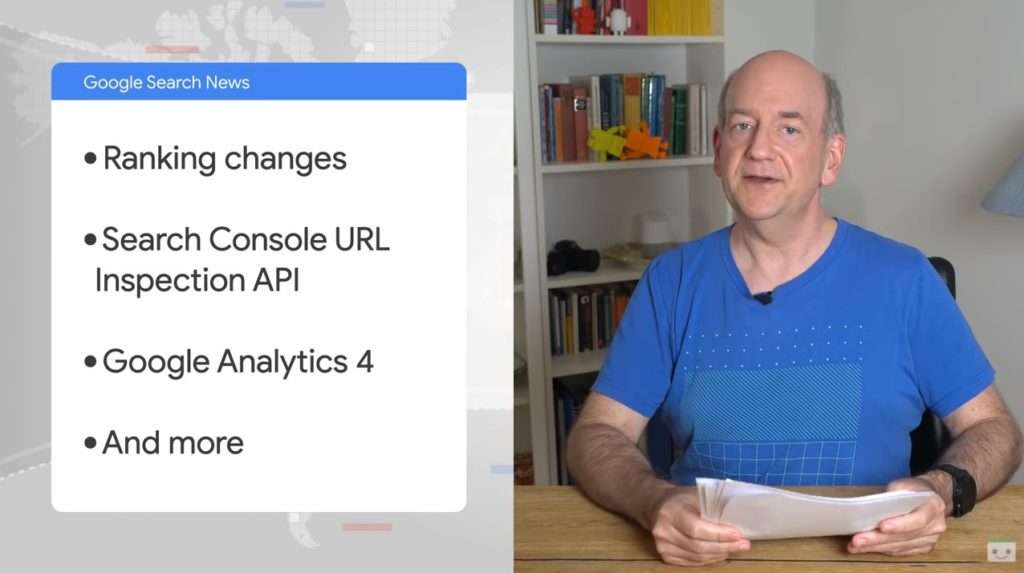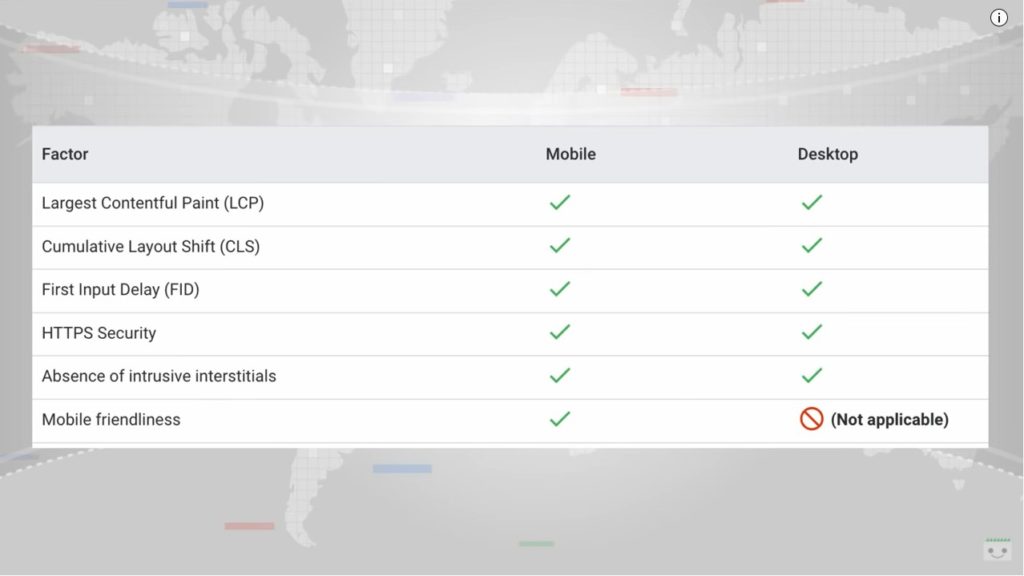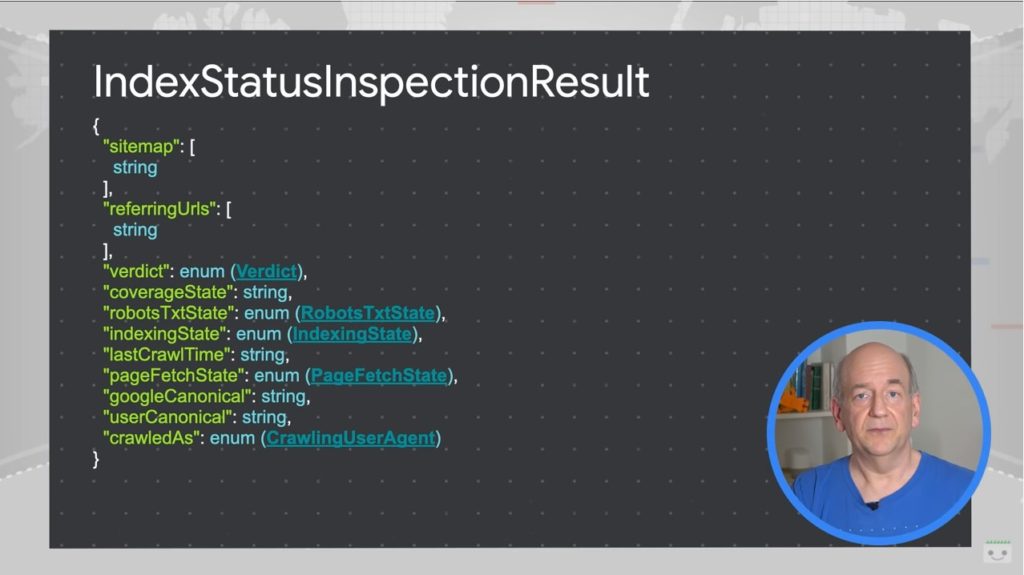March 2022 Google Search News, recap of the most recent news
Missing since the end of last year the appointment with the recap on updating activities related to the world of Search (and not only), and finally comes the new episode of Google Search News, the series on YouTube that leads us to discover the main news that interest precisely the ecosystem of Search and SEO. So here is everything that is been boiling in the Mountain View cauldron lately!
March 2022 Google Search News, months of intense activity
“Changes in ranking, a new API, a change in Analytics and more”: John Mueller is direct in announcing the summary of the new video of the Google Search News series, which as usual allows us to retrace the last weeks of Google activity, highlighting news and information that may have an effect on SEO and that maybe we missed and we did not read.
The Page Experience also becomes a ranking factor on desktop
The first change concerns the Page Experience, the well-known (and gossipped…) ranking factor introduced by Google last year, which examines the technical performance of the pages and, in particular, the so-called Core Web Vitals, objective parameters as far as possible to measure speed, reactivity and stability perceived by users.
Until a few weeks ago, this revolution in classification criteria (which, however, has had impacts far below expectations, as noted also by Barry Schwartz and many international experts) was reserved only for mobile navigation, but since March 3, the release of the update has definitely been completed for desktop users (a news already anticipated for some time and also present in the November 2021 Google Search News, for example).
According to Mueller – who wants to stress that the Google Page Experience “is independent of mobile-first indexing” – in recent months “we have seen some fantastic progress on the web regarding the Core Web Vitals and many sites, maybe even yours, have improved significantly”.
The update of the product review algorithm
In recent weeks there has also been another intervention that has affected Google’s classification systems, and specifically the algorithms that have the task of evaluating the quality and relevance of product reviews. In fact, a few days ago came the third update to improve the Product Reviews, the complex system launched exactly a year ago that examines a series of parameters to identify high quality content among the pages focused on product reviews.
With the March 2022 Google Product Reviews Google has further refined the algorithm’s ability to actually identify effective product reviews and help people find reliable and valid advice when using Search for any type of search product. As the Search Advocate recalls, content creators can refer to recommendations for product reviews, which must be thorough, authentic and high quality, in a nutshell; although this update at the moment is only about English, is confirmed that the goal is “to cover more languages over time”.
Clearly, this update mainly affects sites that publish product reviews, but also those who provide other content could find useful information in the consultation of best practices and guides of Google, which can provide “a better understanding of the type of content that Google users have found useful and interesting parallels” also for other websites.
The Search Console URL Inspection API
Of a completely different kind is the subsequent intervention recalled by this episode of Google Search News, which mentions the release of the Search Console URL Inspection API.
An API – says the video – “is a way that programmers can reuse the functionality of a system in their application”In this case, it allows you to use a URL control function and allows programs to check the indexing status of any particular page on a website.
Among other things, it allows you to check whether the URL was discovered, scanned, indexed and, if so, what the canonical was selected – information also available in manual use in Search Console.
In the form of APIs, it is now allowed for other tools to include this functionality, including simple spreadsheets to monitor a website, and it is also possible to write code on its own (taking advantage of the extensive documentation about it) to combine information with other data sources and “create something truly extravagant”.
Google Analytics 4 retires Universal Analytics
The next news is not strictly about the world of Research, but still affects the SEO because it concerns a tool often central in organic traffic monitoring strategies: Google Analytics recently announced that by next year it will be terminating data collection for Universal Analytics, one of the most common ways to track website metrics.
To be precise, the tool informs that “from July 1, 2023 Universal Analytics will no longer process the new data in the standard properties”. The most recent version, Google Analytics 4, has been available for some years now, but UA still remains the preferred configuration by many: with this move, Google intends to give a sharp turn to the GA4 version, giving however ways and time to users to familiarize with the new interface and tools.
Other news from Google (and not only)
Another recent update is the launch of the indexifembedded robots meta tag for embedded content, which allows a page to specify whether its content should be used for indexing in certain situations. As Mueller admits, “it covers a somewhat unique situation, so you probably won’t often use it or find it”.
Also, who uses Search Console Insights – the platform that integrates the functions of Analytics and Search Console and that is “designed specifically for creators who often do not need all the functionality of the two tools” – may have recently received a congratulatory email.
The video continues with a special thanks to the aforementioned Barry Schwartz, who recently announced that he has published over 40,000 articles on the theme of SEO through Search Engine Roundtable, thus deserving the title of “milestone in the community”. For John Mueller, Barry “keeps up with every change in all major search engines and often asks us for more details when things aren’t so clear” and “has done this, more or less, since the beginning of SEO”: his job “has really made a big difference in search engines in the SEO world and websites around the world,” for which he deserves special thanks.





